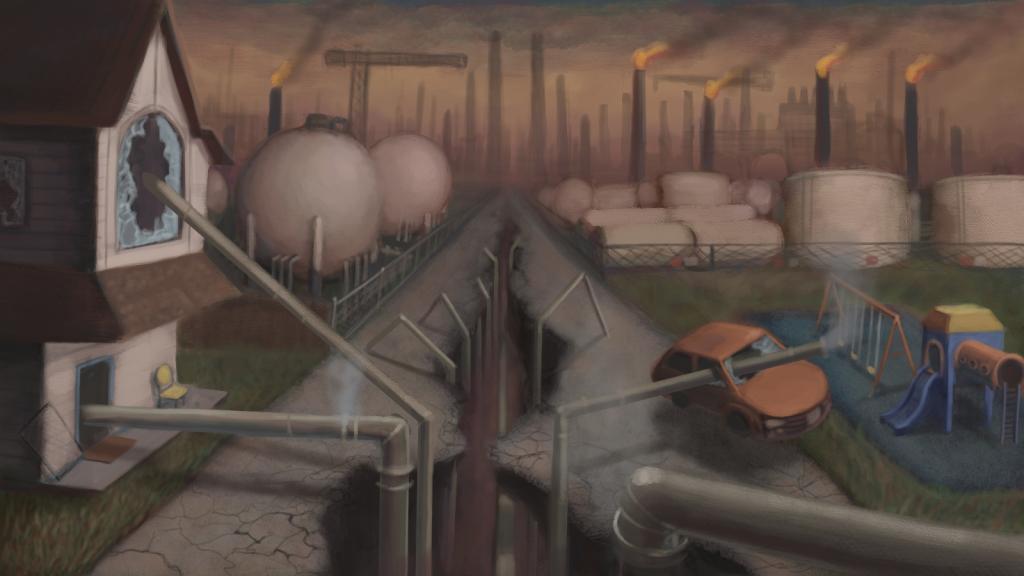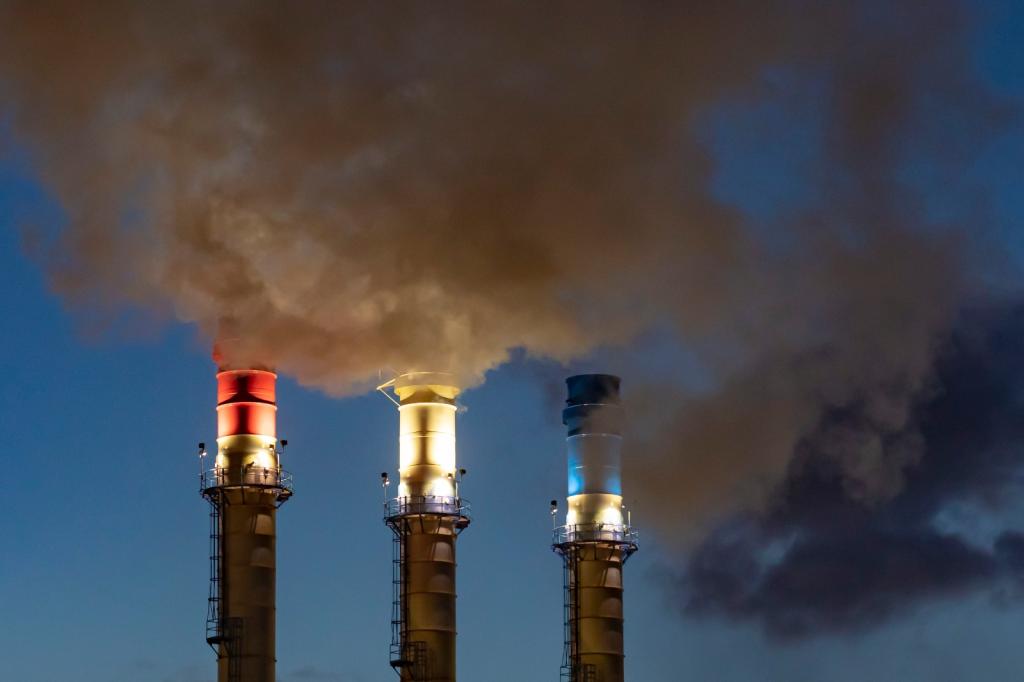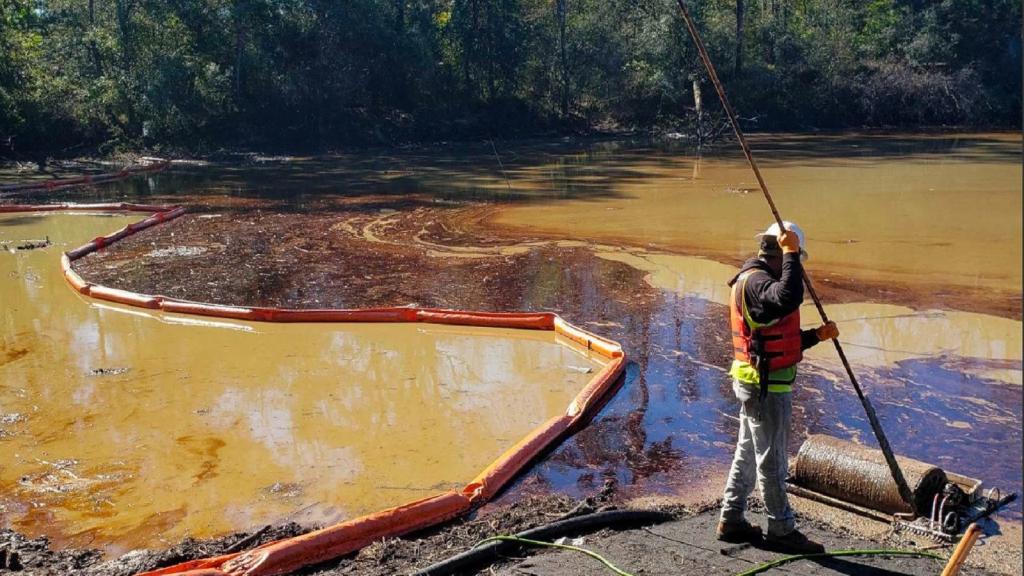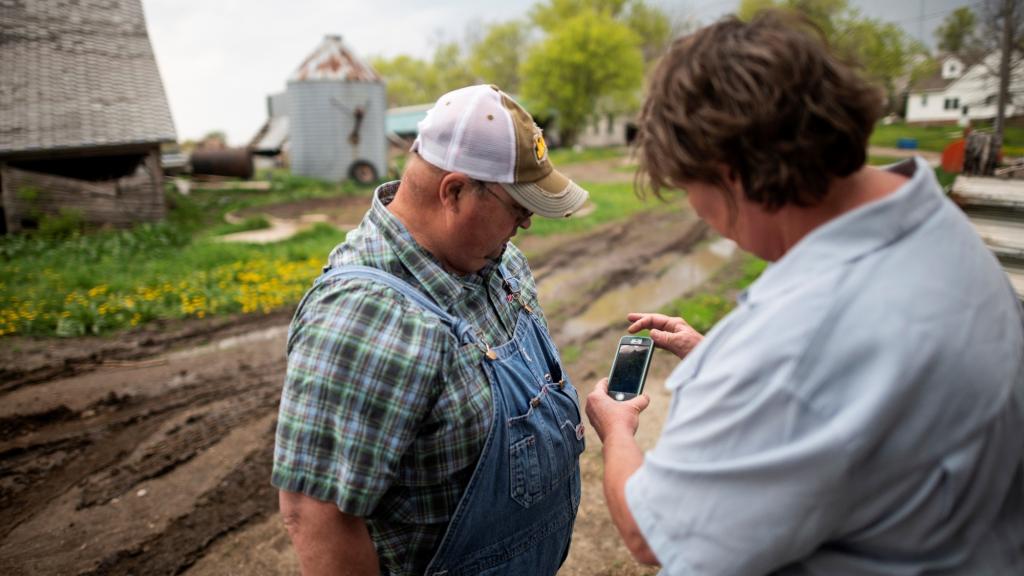Latest Articles
-
Texas clears the way for petrochemical expansion as experts warn of health risks
Public Health Watch chronicles a fossil fuel infrastructure boom that could worsen air pollution in some areas and exacerbate climate change.
-
Why forcing people to go green can backfire
A new study reveals a conundrum for climate policy: People hate it when you tell them what to do.
-
Trump says he’ll unleash Venezuela’s oil. But who wants it?
As oil prices fall and demand nears a peak, exploiting Venezuela’s heavy crude reserves won’t be as easy as Trump thinks.
-
The biggest climate migration problem may be that there’s not enough of it
In his new book, Julian Hattem explores how migration can be a climate solution — not just for those who are able to move, but for their home communities as well.
-
Despite Trump-era reversals, 2025 still saw environmental wins. Here are 7 worth noting.
Environmental advocates notched key wins at local and state levels this year — despite the Trump administration’s rollbacks.
-
Louisiana town fights for relief after a billion-dollar oil disaster
Federal and state officials have sued the company behind the blast, but Roseland, Louisiana, residents say the case won’t bring relief to their town.
-
Wildfire smoke is a national crisis, and it’s worse than you think
Greenhouse gas and particulate emissions from fires globally may be 70 percent higher than once believed.
-
University of Nebraska is eliminating a key climate research department
As Nebraska's weather intensifies, farmers are losing a critical resource to understand it.
-
What happens when disaster recovery becomes a luxury good
As federal services deteriorate, a patchwork of private companies is taking their place — for better or for worse.
-
The country’s largest magnesium supplier shut down. Now what?
What US Magnesium's bankruptcy means for the supply of a critical mineral -- and the environment.









